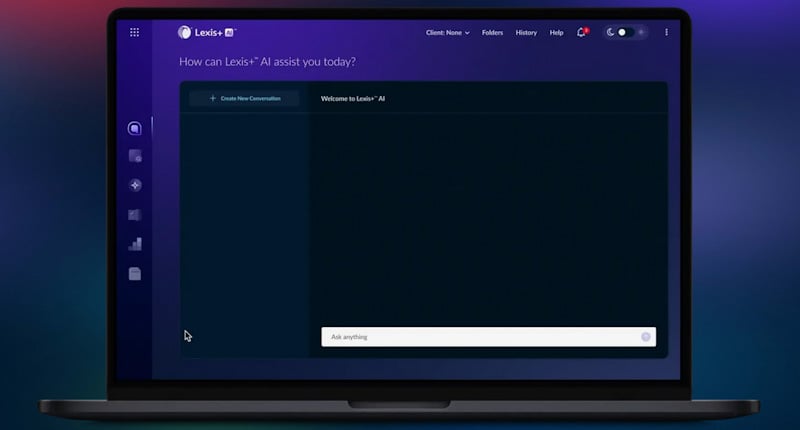7th Circuit judge has 'penchant for confabulation,' losing law prof alleges in law review article

A retired University of Chicago law professor who represented former Illinois Gov. George Ryan is striking out at a respected federal appeals judge for an alleged “penchant for confabulation,” “questionable” rulings and “bullying” of lawyers on both sides of the case.
The former law professor, Albert Alschuler, unsuccessfully represented Ryan in federal appeals after the former governor was convicted in 2006 of racketeering, mail fraud, tax violations and false statements to the FBI. Alschuler makes his claims against Judge Frank Easterbrook of the Chicago-based 7th U.S. Circuit Court of Appeals in an article for the Valparaiso Law Review.
Law.com (sub. req.), the Wall Street Journal Law Blog, Crain’s Chicago Business and the Chicago Daily Law Bulletin have stories.
Alschuler says Easterbrook made six rulings in favor of the government that it had not sought, and told eight “falsehoods” in two written opinions and statements from the bench. His article, Alschuler asserts, “will show that Judge Easterbrook persistently presents wildly inaccurate, made-up statements as unquestionable statements of fact.”
The alleged falsehoods concerned the substance of trial court instructions; the content of arguments by Ryan and the government; the waiver or forfeiture of arguments; and Supreme Court pronouncements.
During oral arguments, Alschuler said, Easterbrook asked counsel to discuss four Supreme Court decisions that neither party had cited and that Alschuler couldn’t recall. Easterbrook declared that those decisions barred an appellate challenge to jury instructions directing convictions for noncriminal conduct. “In fact,” Alschuler said, “none of the decisions offered any support for this proposition; they bore no resemblance to his description.”
Easterbrook also “browbeat” government lawyers for failing to notice the post-conviction petition was barred by the statute of limitations. But an earlier 7th Circuit decision—by Easterbrook—held that petitions like Ryan’s weren’t barred, Alschuler claimed.
Easterbrook’s first opinion said Ryan had forfeited objections to certain jury instructions; the judge “did not mention that Ryan had objected to these instructions at every stage of the proceedings,” Alschuler said. Prosecutors had also expressly waived any argument that Ryan had forfeited his objections, according to Alschuler.
Easterbrook’s second opinion said there would be no review of four mail fraud convictions because his sentences on those counts had expired. “But they had not expired,” Alschuler writes.
Alschuler says he hopes the article will encourage Easterbrook’s colleagues to “rein him in.”
“Like almost everyone else,” Alschuler writes, “these colleagues sometimes seem intimidated by Judge Easterbrook’s personal forcefulness and apparent intellectual power. When the judge speaks with confidence and an apparent mastery of detail about a subject one knows nothing about, one is likely to assume that he knows what he’s talking about. The odds, however, are that he doesn’t.
“If questioned or challenged, he is likely to double down and push his bluff farther (‘Right. I understand that. That’s what the D.C. Circuit held in Frady and which the Supreme Court reversed.’), but the questioner should not yield. Judge Easterbrook’s colleagues should view everything he says with skepticism and should recognize the serious problem his conduct poses for their court.”
Easterbrook’s secretary tells the ABA Journal that Easterbrook does not comment on opinions, and he says the court’s products speak for themselves. Easterbrook did tell Law.com, however, that his assignment to the panel was based on random selection, and Alschuler’s claim to the contrary was “baseless.”



